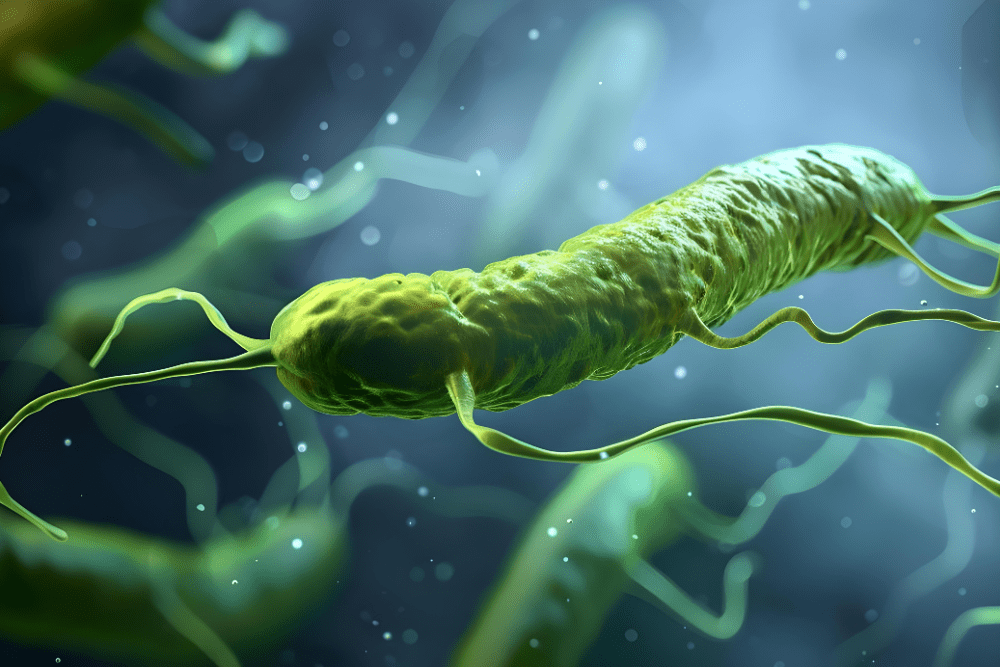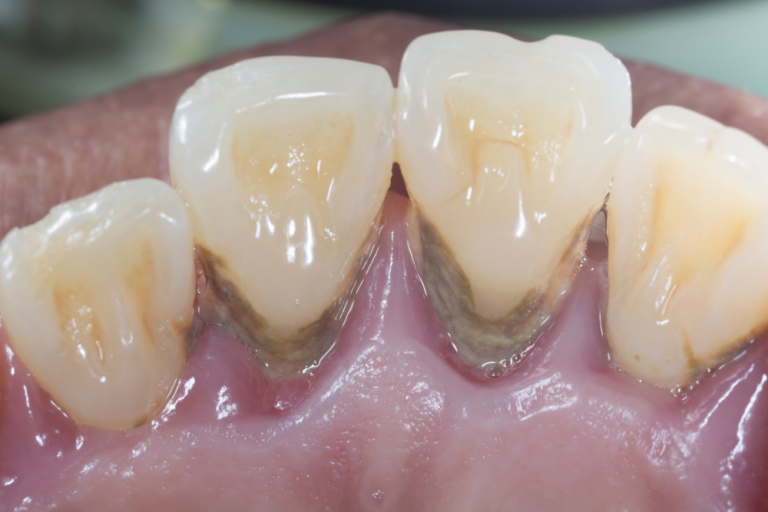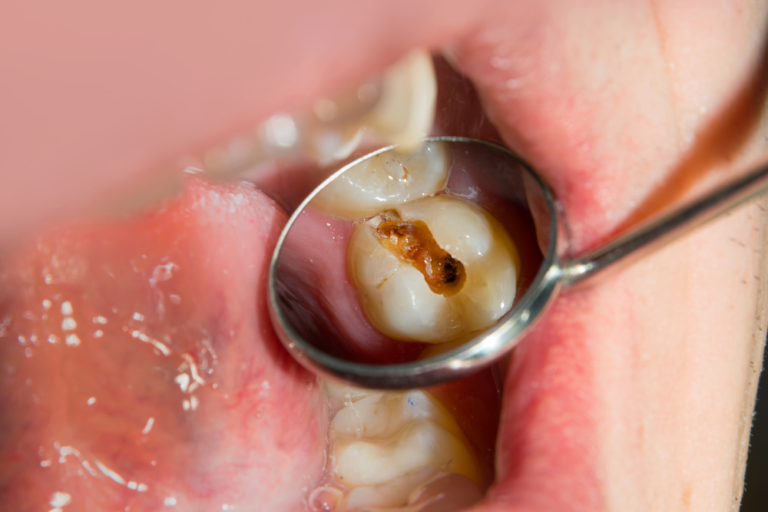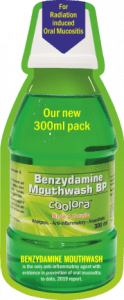Menu

Recent studies suggest that the oral cavity may be a hiding place or even a reinfection source for H. pylori. And that matters more to dentists than you might think.
H. pylori is best known for causing gastritis, ulcers, and sometimes gastric cancer.
But researchers have now found it in dental plaque, saliva, and even dental pulp.
Detection rates vary widely anywhere between 0% and 100% because studies use different testing methods. Still, the evidence points to one thing: the mouth can act as a reservoir for H. pylori, especially in patients who already have gastric infection.
If H. pylori is hiding in plaque or periodontal pockets, stomach treatment alone may not be enough.
Antibiotics can clear it from the stomach, but bacteria left behind in the mouth can cause reinfection later.
This makes oral hygiene and periodontal care an important part of successful eradication therapy.
Itʼs another reminder that oral and systemic health are closely linked.
Researchers have been exploring how this bacterium might contribute to everyday dental conditions:



While not all studies agree, these findings suggest that oral H. pylori may influence both oral and gastric health.
When patients receive both gastric and periodontal treatment, eradication rates are higher.
Procedures like scaling, root planing, and antimicrobial rinses can lower bacterial load and reduce recurrence.
Ignoring the oral reservoir might mean incomplete treatment and higher reinfection rates something both physicians and dentists should be aware of.
1. Think beyond the stomach: Recurrent gastritis or reinfection may point to an oral source.
2. Encourage excellent plaque control: Daily hygiene and professional cleanings matter.
3. Collaborate with gastroenterologists: A shared approach improves long- term success.
4. Observe changes: Track improvements in gingival health and halitosis after treatment.
H. pylori is not just a gastric bacterium anymore it may also be an oral resident.
By recognizing the oral cavity as a possible reservoir, dentists can play a direct role in improving systemic health.
A cleaner mouth may help keep the stomach healthy, too.
Itʼs another reason why comprehensive dental care goes far beyond the teeth.
Cuba E, Sánchez MC, Ciudad MJ, Collado L. Association of Helicobacter pylori as an Extragastric Reservoir in the Oral Cavity with Oral Diseases in Patients with and Without Gastritis-A Systematic Review. Microorganisms. 2025 Aug 21;13(8):1955. doi: 10.3390/microorganisms13081955. PMID: 40871459; PMCID: PMC12388271.


| PRODUCTS | QTY | PRICE | VALUE in INR |
|---|
| PRODUCTS | QTY | PRICE | VALUE in INR |
|---|